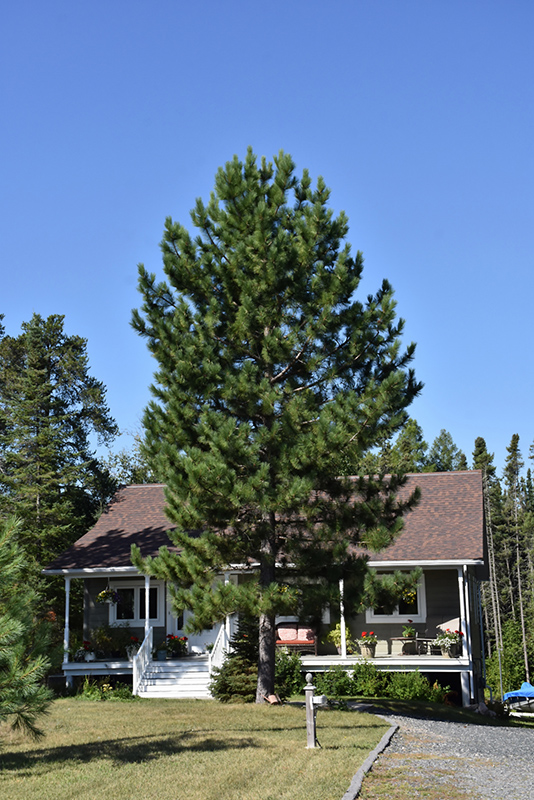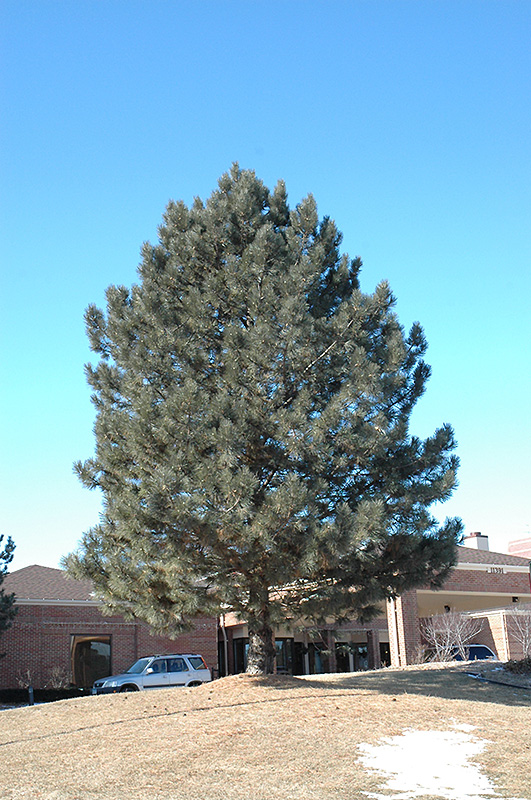Plantfinder
siteadmin2023-06-04T13:10:09-03:00
Height: 50 feet
Spread: 40 feet
Sunlight:
![]()
Hardiness Zone: 2b
Other Names: Norway Pine
Description:
A very hardy and adaptable pine, dense and artistic when mature, does very well on poor, dry sandy soils in full sun, makes an excellent windbreak; reasonably dense habit, upright when young and holds its shape when older; really dislikes heavy, wet soils
Ornamental Features
Red Pine is primarily valued in the landscape for its ornamental globe-shaped form. It has forest green evergreen foliage. The needles remain forest green throughout the winter.
Landscape Attributes
Red Pine is a dense evergreen tree with a strong central leader and a more or less rounded form. Its average texture blends into the landscape, but can be balanced by one or two finer or coarser trees or shrubs for an effective composition.
This is a relatively low maintenance tree. When pruning is necessary, it is recommended to only trim back the new growth of the current season, other than to remove any dieback. It has no significant negative characteristics.
Red Pine is recommended for the following landscape applications;
- Shade
- Windbreaks and Shelterbelts
Planting & Growing
Red Pine will grow to be about 50 feet tall at maturity, with a spread of 40 feet. It has a low canopy with a typical clearance of 4 feet from the ground, and should not be planted underneath power lines. It grows at a medium rate, and under ideal conditions can be expected to live for 70 years or more.
This tree should only be grown in full sunlight. It prefers dry to average moisture levels with very well-drained soil, and will often die in standing water. It is not particular as to soil pH, but grows best in sandy soils. It is quite intolerant of urban pollution, therefore inner city or urban streetside plantings are best avoided. This species is native to parts of North America.
A NetPS Plant Finder tool

